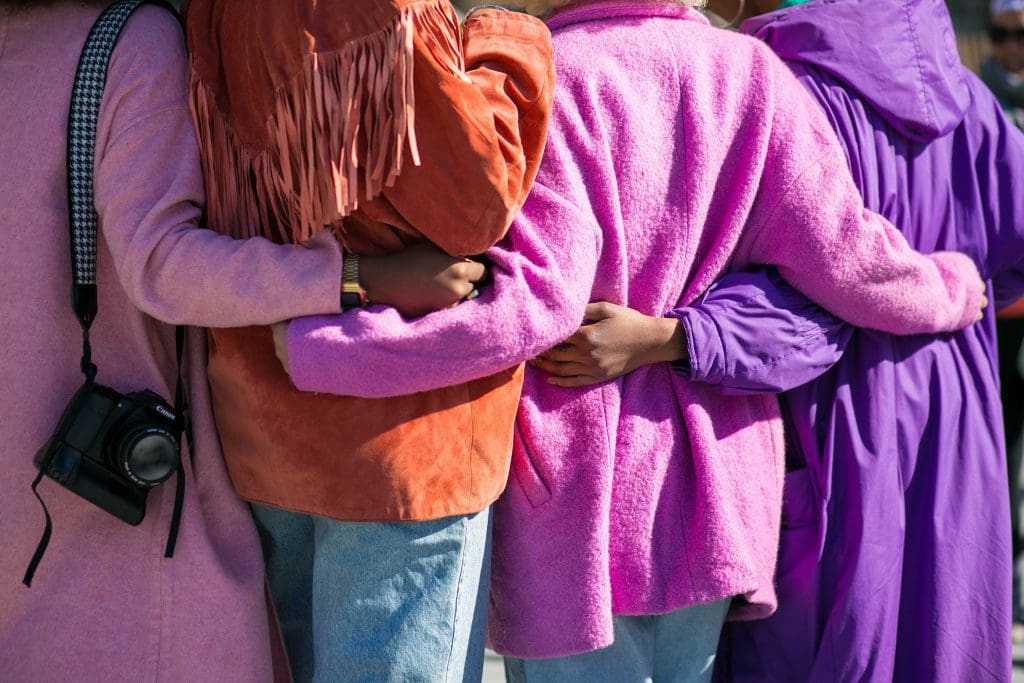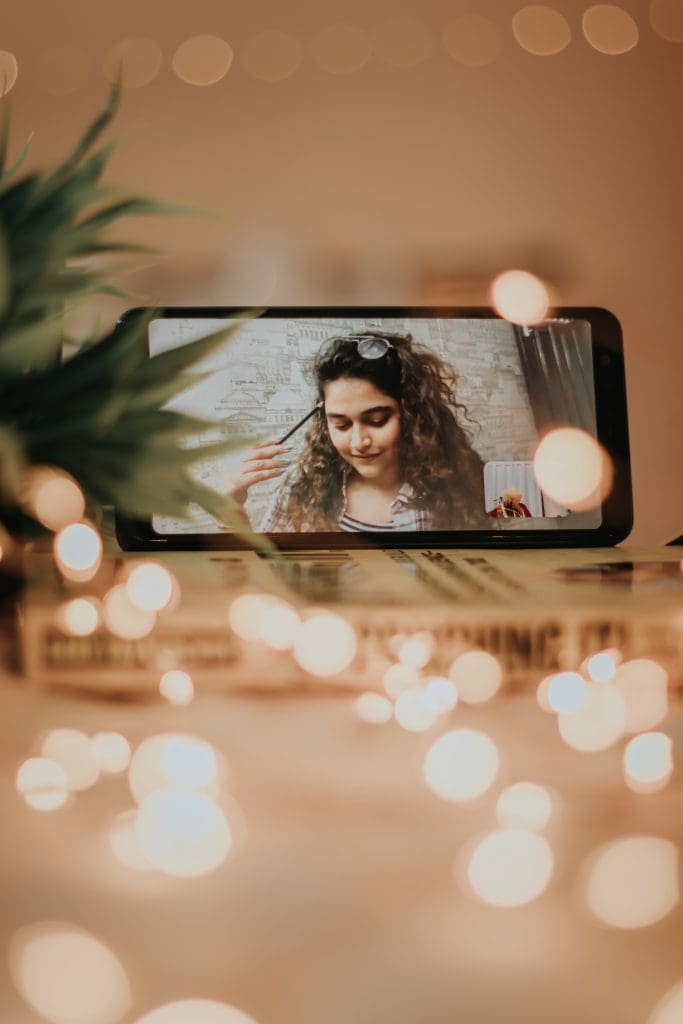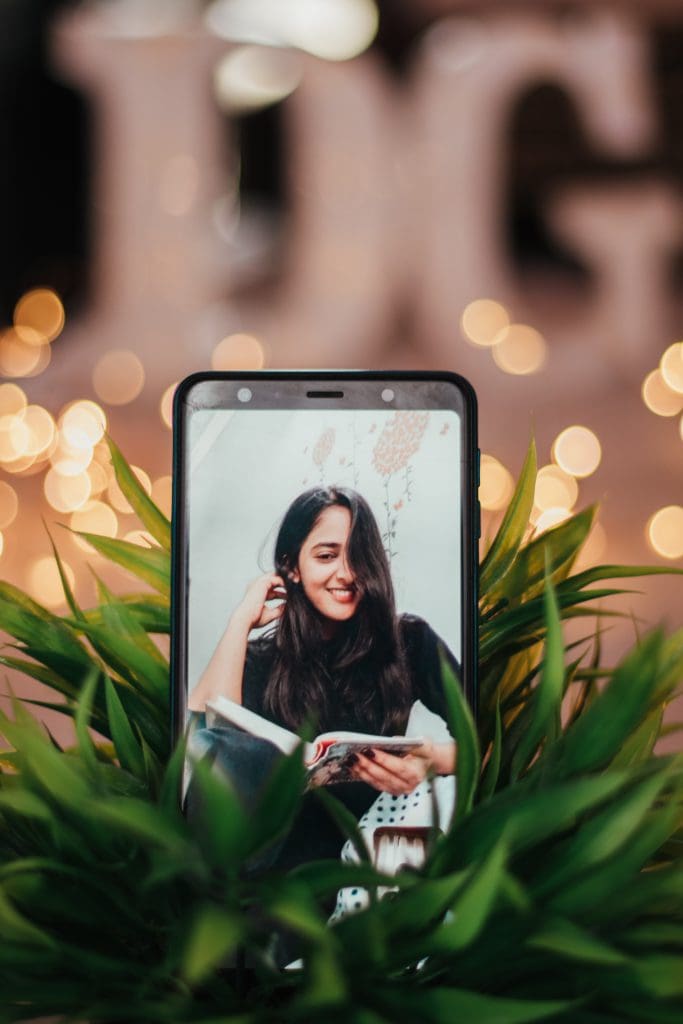Using Social Media to Mimic Face-To-Face Communication
Everyone’s self-isolation and social distancing situations are different right now. You may be trying to navigate being around your roommates all the time, no matter how big or small your rented space is. You might be living at home with your family, possibly for the first time in months, even years. Your roommate might be a romantic partner, or you may be living completely by yourself.

Regardless of your living situations, you might be missing people in your life that you’re used to seeing frequently, but have abruptly stopped. They can be coworkers or classmates, but they might be people you use as a support system, whose presence can calm you and who are people you rely on and seek advice from.
Social media, of course, makes communicating with people significantly easier, which is especially helpful for those who have support systems who are already distant. However, for those who have support systems or people close to them who they see frequently in-person, the change to only communicating with them virtually can be stressful, even if they were talking to them both in-person and virtually before.

The need for face-to-face communication is more important now than ever, particularly for those who are away from their support system, living alone, or living with others who can heighten anxiety and depressive symptoms. Texting can help, but having that visual reassurance can be even more powerful.
There has been a lot of research and discourse surrounding the effects of texting versus face-to-face communication, with evidence showing that despite the normalcy of texting and online communication, face-to-face interactions are more beneficial for your mental health.
With all this being said, face-to-face communication doesn’t have to be done physically. If you work or are in college, you may have already experienced Zoom meetings, and if you have a Mac product, you have more than likely used FaceTime before. There’s Skype, video messaging on Facebook, and Google Hangouts. Whatever it may be, video chatting can help recreate that face-to-face communicate many, if not all of us, are missing in some way, and may even need. Being able to see people that mean a lot to us and hearing their voice still gives us their presence in some way that texting can miss.

While it may not have the same effect of physically having people around you (for example, you may be an affectionate person or may thrive off of tons of people surrounding you), physically seeing or hearing loved ones can have significant effects on you mentally. You can also try to recreate activities that you do with loved ones or your support system: you can all order delivery from a similar restaurant (support local places too!) and eat together, watch the same TV show at the same time, or even just sit in silence on video together as you work on homework or scroll on your phones.
Whatever it is, hopefully you can find a way to keep your close ones around if they’re not there physically. Support and unity through all of this can have a major effect on how we feel, especially as we try to find normalcy and try to maintain as much of our old routines as possible.
Have you been able to maintain contact with loved ones who you aren’t quarantined with? Have you tried video chatting? If so, do you think it makes a difference?




Recent Comments